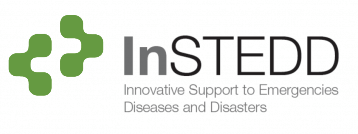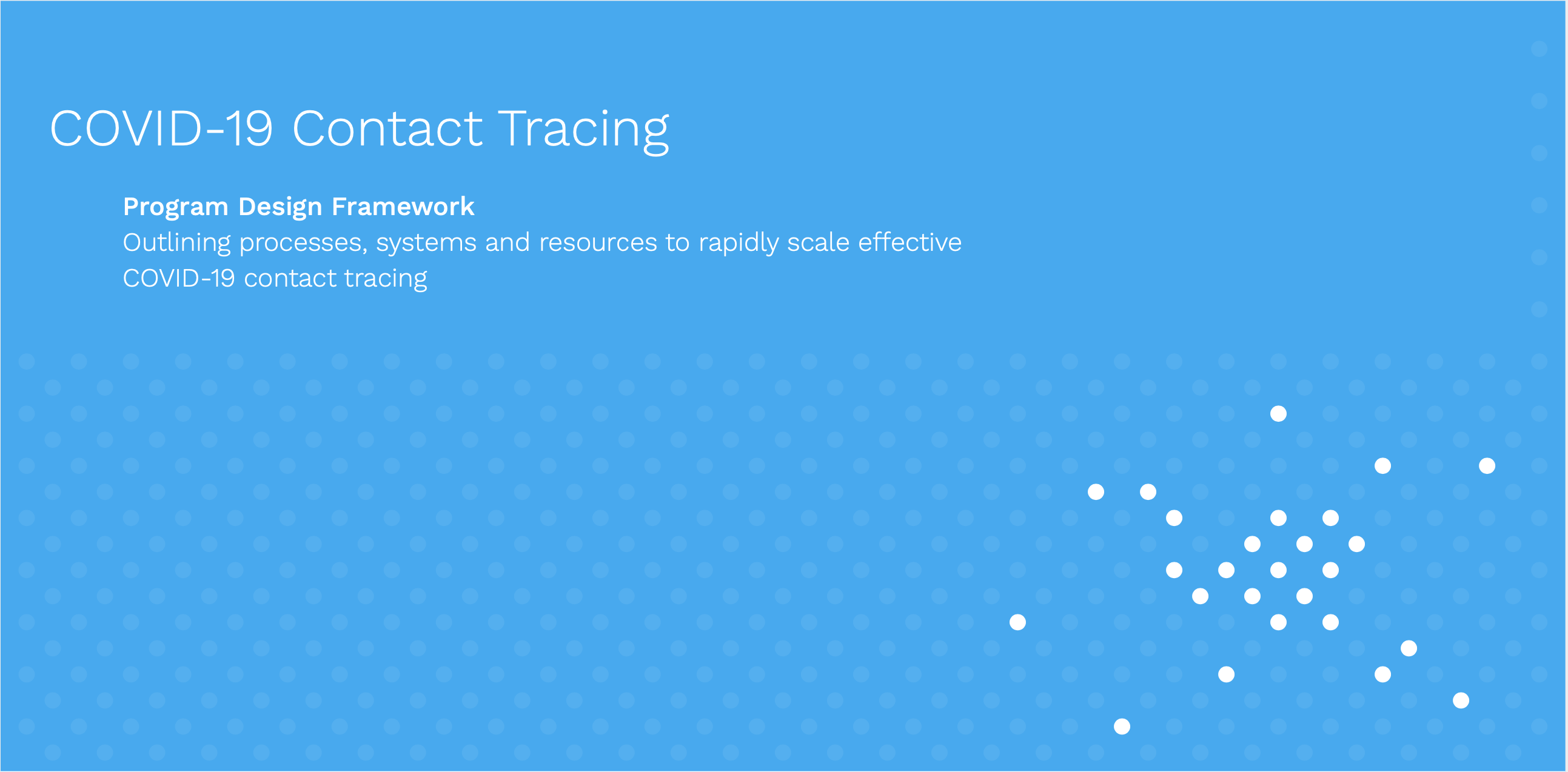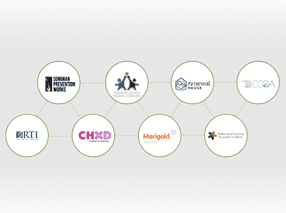There is no shortage of conferences focusing on technology, design and innovative thinking. It seems that every week, somewhere in the world, there is another conference where people come together to share ideas and network. Although the content changes, the format of a conference has traditionally been the same.
BarCamps take a new approach, appropriately referring to their format as an “unconference”. Defined by their sense of openness and focus on inclusive participation, the participants themselves decide on the content of the sessions once the event begins.

The topic board that participants created during BarCamp Phnom Penh 2012
The Birth of the Unconference
The first BarCamp was held in California’s Silicon Valley in August of 2005 as a response to Tim O’Reily’s annual invitation-only participant-driven FooCamp event. From idea to execution, the first BarCamp conference was organized in less than a week and attracted over 200 participants. Since then BarCamps have gone international and over 350 events have taken place in cities around the world.
BarCamp in Southeast Asia
BacCamps have taken place all over the region, including Cambodia, Thailand, Malaysia, Vietnam, Singapore, Laos and Myanmar. In fact, the largest BarCamp event to ever take place was BarCamp Yangon (Myanmar), with an estimated attendance of over 5,000 people! BarCamp Yangon was such a significant event that the opening address was made by Nobel Peace Prize Laureate and opposition leader Aung San Suu Kyi, known affectionately as “the Lady.”
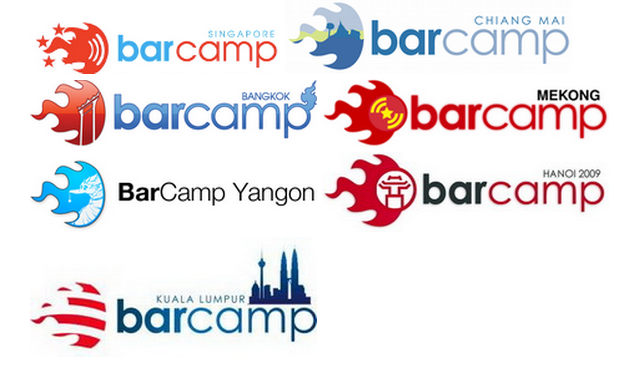
BarCamp Phnom Penh 2010: We sponsored the event of around 1,000 IT enthusiasts and participated in the event as well.
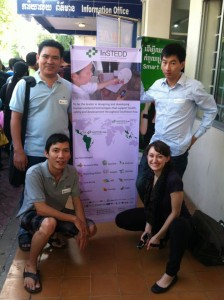
The InSTEDD iLab Southeast Asia team is proud to be a sponsor of BarCamp Phnom Penh 2012! — Clockwise from top left: An Yon, Ly Channa, Brooke Estin and Kakada Chheang – at University Of Puthisastra.
What is BarCamp Phnom Penh?
BarCamp Phnom Penh is an international, innovative, and open technology conference. It’s for individuals, businesses, and non-profits. This two-day gathering at University of Puthisastra (UP) is aimed at computer enthusiasts, internet users, technologists, entrepreneurs, digital journalists, web developers and netizens to share and learn all things technology in a very open and democratic environment.Continuing our support since the very first BarCamp Phnom Penh, InSTEDD helped sponsor the event. In addition, we also gave several talks in a few sessions:
Topic: Recording history of our family
Speaker: Channe Lan
History is usually written in a large high level context (national level) by small group of people. History is also written by the winners. Yet, we still have the opportunity to discover our own personal history through our elder family members who can be much more precise about life in their time. Writing the history of the family is also a bonding experience that fuses the connection between the family and generates appreciation, respect and love. See this blog post for more details.
Topic: Educational Content in Local Languages
Speaker: Channe Lan
Having more educational content in Khmer helps Cambodia to build more online resources for students and the Cambodian people. In this session, Channe gave some background and an introduction to the Khan Academy. She showed the participants how she contributed Khmer subtitles and how they can do it themselves. In addition, Samnang Chhun shared some online websites that provided online education material for free (such as Stanford University). Some examples of educational content in Khmer include a personal website by Channe Lan (evithy.com) and another by An Yon (khmerlit.com).
Topic: Google Map Maker in Cambodia
Speaker: Sokha Rum and An Yon
Yon and Sokha held a session on the importance of developing an up to date and comprehensive map of Cambodia on Google Maps. The session went over how to use Google’s Map Maker application as well as did some training on how to add and edit locations, draw streets, rivers, and other important landmarks on the Google map. You can see the presentation (in Khmer) here.
Beyond BarCamp:The iLab SEA and the Impact of Knowledge Sharing
Developing an active community around open participation, user generated content, knowledge sharing and idea generation is essential for growing a local culture of innovation. And in order to have long term sustainable development, ongoing innovation is key.
This is one of the many reasons why InSTEDD and the iLab Southeast Asia actively participate in events like this. It has been incredibly rewarding to see more and more youth engaging in the knowledge sharing community in Southeast Asia and we look forward to seeing this trend continue!
More Information:
You can also see more about the event and our participation in this Facebook album.
You can download many of the presentations from the event on the BarCamp Phnom Penh 2012 website here.
